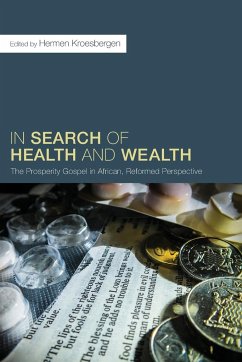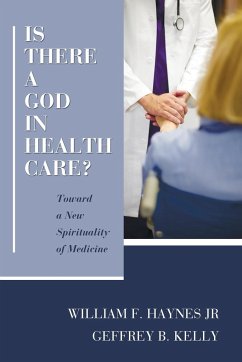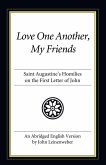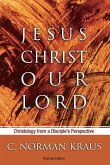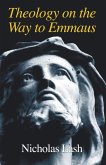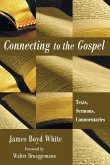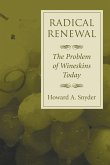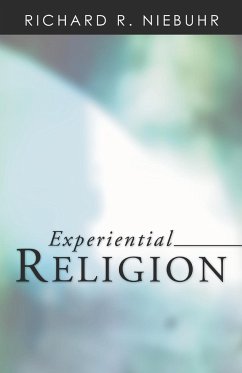The prosperity gospel is very influential in Africa, in Pentecostal churches, and in Reformed churches. But what is the prosperity gospel? Where did it originate? Is it biblically sound? How should we evaluate the prosperity gospel? Does it represent a wrong way of looking for health and wealth, or can we learn something from it? In this book the authors provide an analysis from different perspectives on the highly debated topic of the prosperity gospel. It is intended to be accessible and helpful both to academic colleagues and to ordinary ministers. Most of the authors are lecturers at Justo Mwale Theological University College in Lusaka (Zambia). Together with Prof. L. Togarasei from the University of Botswana, they use their theological skills to examine and assess this important topic from an African and Reformed perspective. The articles in this book will help anyone who wants to deeply explore and evaluate the intriguing phenomenon of the prosperity gospel in Africa.
Hinweis: Dieser Artikel kann nur an eine deutsche Lieferadresse ausgeliefert werden.
Hinweis: Dieser Artikel kann nur an eine deutsche Lieferadresse ausgeliefert werden.

